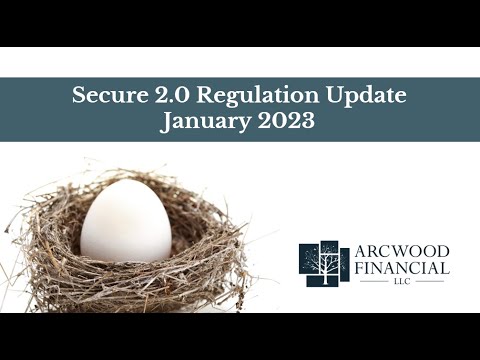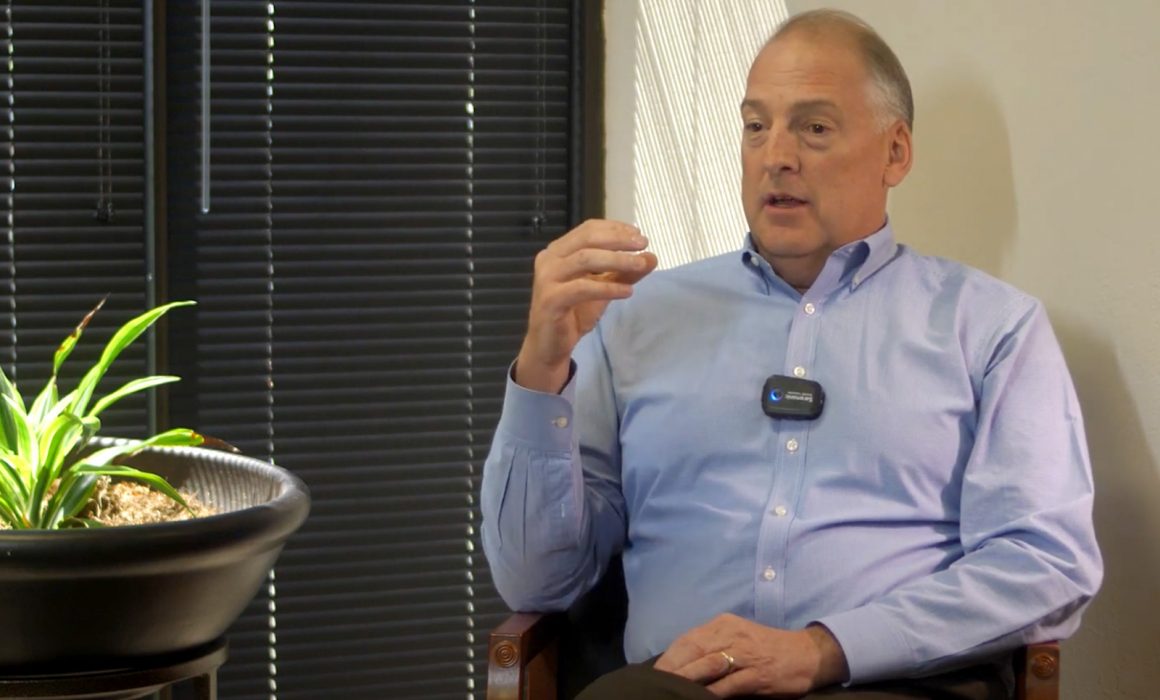Arcwood January 2023 Regulation Update – Secure 2.0
The Secure 2.0 Act, a nearly 400-page package of multiple retirement plan reforms that will have widespread implications for businesses and induvial retirement investors was signed just before the turn of the new year. This act, which is actually a combination of three different bills from both the House and Senate addresses many different areas of current retirement plan regulations. Below are a few summaries of some of the changes that we believe will impact business owners and investors the most.
Please note that while most provisions will go into effect January 1, 2025, plan sponsors need to work with their record keeper and advisor to be aware of the various time frames for each specific law (such as catch-up contribution and tax credit changes in 2023) and how to manage them accordingly.
Read More





